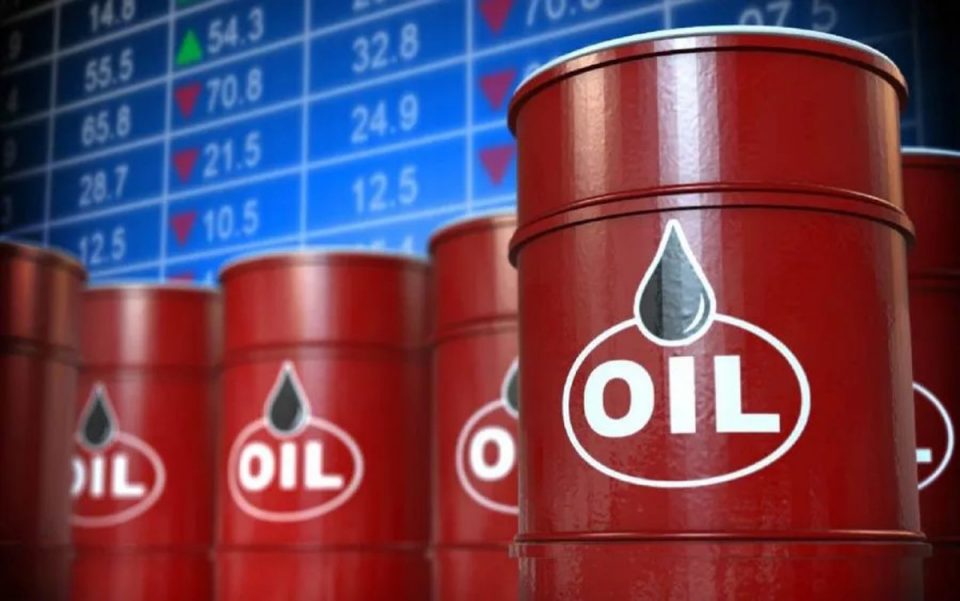Photo caption: Oil
Serbian oil firm NIS is struggling to buy oil from traders abroad, while at home its former clients are seeking alternative fuel suppliers as pending U.S. sanctions have impacted operations, sources familiar with the matter told Reuters.
NIS is majority-owned by Russia’s Gazprom Neft and Gazprom and as such is one of Russia’s last remaining oil assets in Europe. It is crucial to Serbia’s energy security as it operates the Balkan country’s only oil refinery.
It is hard for other companies to work around NIS because its dominant position in the Serbian market is compounded by logistical constraints in the landlocked country.
NIS supplies around 80% of Serbia’s gasoline and diesel, and 90% or more of jet fuel and heavy fuel oil, according to one trader.
But the company’s recent struggles highlight what could come if U.S. sanctions take effect, with President Aleksandar Vucic warning that Serbia could lose access to oil imports.
The U.S. Treasury’s Office of Foreign Assets Control designated NIS AD Novi Sad a sanctioned entity on January 10, giving Gazprom Neft 45 days to exit its investment, before extending that deadline with back-to-back 30-day waivers.
NIS, which usually buys crude in long-term contracts, cancelled its 2025 tender, according to its procurement site.
It is instead making shorter-term purchases in the spot market from international trading houses still willing to do business with it, two of the sources told Reuters. NIS’ crude procurement changes have not previously been reported.
NIS said it recently successfully closed a deal to buy oil in accordance with the waiver, and was sourcing crude from multiple suppliers. It did not give details.
“The company is adapting its business activities to the newly-arisen circumstances,” it told Reuters.
NIS’ crude imports via Croatia’s Omisalj port – where 80% of the company’s crude supply arrives via the Janaf pipeline – are averaging around 28,000 barrels per day this year, according to global real-time data and analytics provider Kpler.
That compares with 40,000 bpd in 2024 and 70,000 bpd in 2023.
Meanwhile, fuel suppliers OMV, from Austria, and Greek-owned Eko are now importing key transport fuels for their Serbian retail networks instead of buying from NIS, the companies told Reuters. The move has not been previously reported.
OMV is importing fuels on Danube river barges from its other European refineries, it said, while Eko is supplying products from Greece, a company official said, asking not to be named.
Both companies suspended fuel purchases from NIS due to U.S. sanctions, they said.
Imports alone would struggle to cover Serbia’s 44,000-49,000 bpd diesel demand and 14,000 bpd gasoline consumption because of limited capacity and infrastructure for barges, railcars, and trucks, one Serbian fuel trader said.
NIS told Reuters it was “prepared to fulfill all contractual obligations, including those with corporate clients and major buyers such as other oil companies,” adding that its Pancevo oil refinery was operating normally.
Reuters



